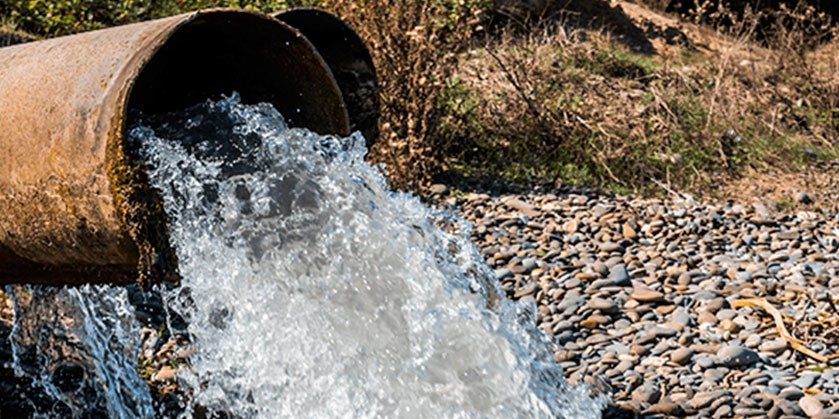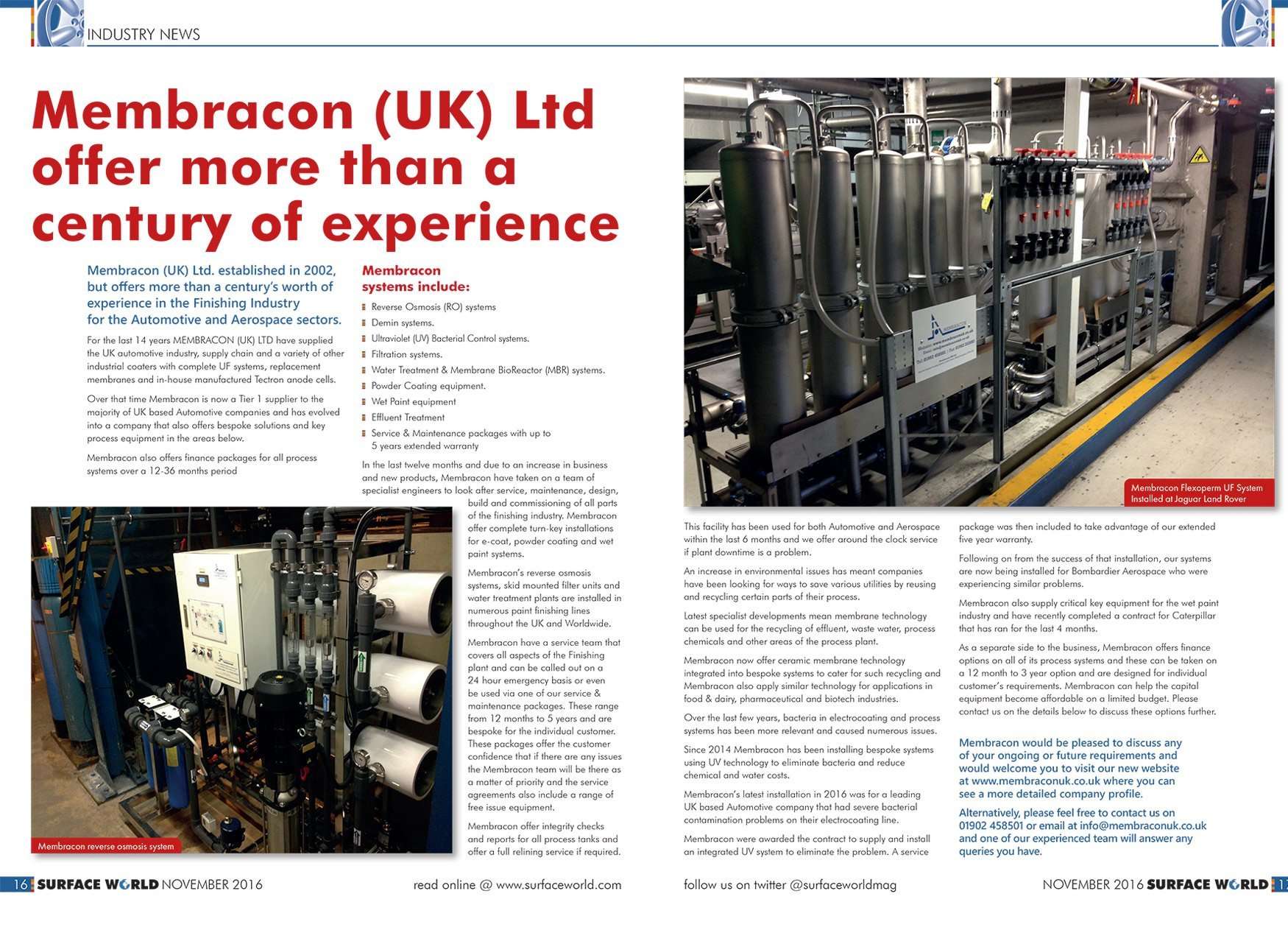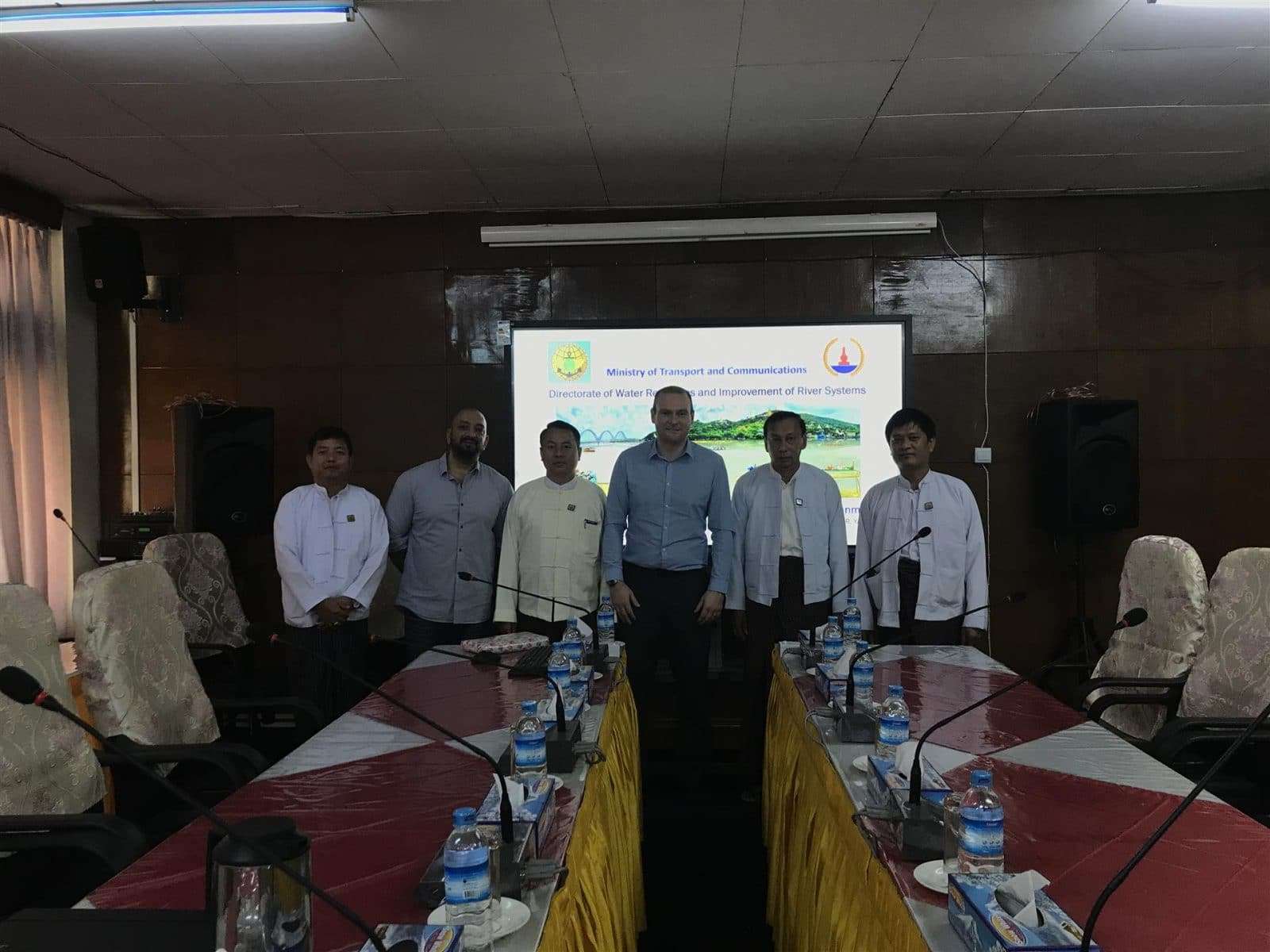
What is Industrial Wastewater Treatment – and who needs it?
Every business that makes something on an industrial scale produces wastewater, sometimes at millions of litres daily. All that wastewater must go somewhere, but contamination can make reuse and discharge impossible.
The simple solution is industrial wastewater treatment, either on-site or off-site, to transform it into a cleaner product suitable for discharge or reuse. But who needs these systems, and why are they important?
The purpose of treatment
The main goal of industrial wastewater treatment is to remove solids, chemicals, and other pollutants to create cleaner wastewater.
Treatment systems clean water to comply with environmental regulations set by the government. It’s crucial to note that violating these regulations through illegally dumping untreated wastewater can result in significant fines and reputation loss.
Proper treatment with green engineering also improves a company’s sustainability and helps it achieve ESG (Environmental, Social, and Governance) goals.
Who needs wastewater treatment?
Major water-using sectors like industry, energy production, oil and gas, mining, and agriculture generate massive volumes of contaminated wastewater and, as such, are perfect candidates for wastewater treatment systems.
There are several common contaminants from these processes:
- Manufacturing: heavy metals, solvents, detergents.
- Energy: hydrocarbons, heavy metals.
- Mining: acids, heavy metals, solids.
- Agriculture: pesticides, nutrients.
Facilities must treat their wastewater to remove these contaminants before discharging water. Even sectors with seemingly “cleaner” processes, like food production and brewing, still require treatment to deal with organic waste, rinse water, and cleaning fluids.
Wastewater treatment technologies and solutions
Various technologies and processes exist to treat industrial wastewater, depending on the industry. Here are some of the main options:
- MBR: Membrane bioreactor systems combine a membrane filtration process like microfiltration or ultrafiltration with a suspended growth bioreactor. The membrane removes solids, bacteria, and even viruses, while the bioreactor biologically removes dissolved organic contaminants. MBRs produce high-quality effluent and are suitable for water reuse applications.
- Reverse Osmosis: Pressure-driven reverse osmosis (RO) uses a semi-permeable membrane to remove ions, molecules, and larger particles from water. RO removes heavy metals, bacteria, salts, nitrates, and phosphates. The technology is widely used for desalination but also has industrial wastewater applications.
- Forward Osmosis: Forward osmosis (FO) also uses a membrane but relies on an osmotic pressure gradient to drive water through, not hydraulic pressure. FO requires less energy and can treat high-salinity wastewater. The technology has been used to treat landfill leachate and process brines.
- UV Disinfection: UV disinfection inactivates microorganisms by damaging their DNA and reproductive capabilities. It’s an effective final treatment step for destroying any remaining bacteria and pathogens before discharge. UV does not affect the water chemistry and is perfect for killing organisms in drinking water.
- Downflow Gas Contactor: DGC systems are an efficient gas-liquid contacting technology for applications like carbon capture, ammonia recovery, and effluent treatment. In a DGC system, the gas and liquid are introduced together at high velocity, creating intense shear and turbulence. This allows rapid mass transfer between the gas and liquid phases.
With the right expertise, even the most highly contaminated wastewater is treatable through custom combinations of cutting-edge and conventional technologies.












